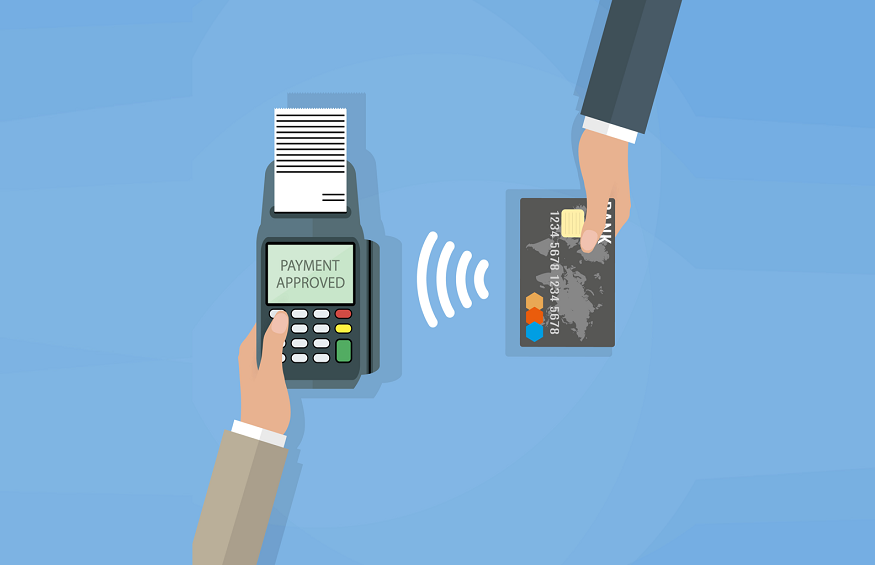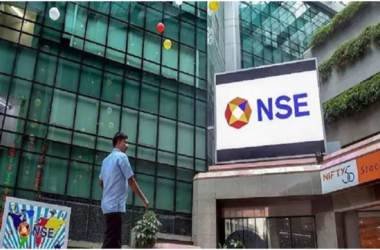A bank or financial institution that processes payments from specific debit or credit card brands is known as an acquirer. An acquirer is frequently a member of a card organization like MasterCard or Visa. They must adhere to the norms and regulations of any organisation they are a part of.
The acquirer, also known as an acquiring bank or merchant acquirer, is in charge of the financial side of the transaction, processing credit and debit card transactions on behalf of the merchants with whom they have agreements. When a merchant wishes to start taking and processing credit card payments, acquirers are usually the first and most important point of contact so that they can receive funds from the cardholder’s bank.
Role of an acquirer during a payment process
A business account is required for retailers who want to accept credit and debit card transactions on their websites. They acquire this by signing a contract with an acquiring bank. The acquirer then authorizes or rejects card transactions and connects to the issuing bank on behalf of the merchant during the payment process. The payments are placed into the merchant’s account if the purchase is accepted.
After the payment information is obtained, the acquirer is responsible for;
Authorization- requesting confirmation from the card issuer that the card is legitimate and that there is sufficient money in the account to complete the transaction
Authentication- an optional verification of the cardholder’s identification performed after entering the card details during purchase.
How can you choose the right acquirer?
Type of cards the acquirer supports- they should accept the card network that you need and should also be able to offer others.
Location and currency- the acquirer should support the country and the country’s currency in which your business is registered.
Average amount per transaction- this will help you calculate the minimum charge per transaction being made on your website.
The average number of transactions- it is better to double-check the rates to ensure you won’t be charged additional monthly fees, which may be costly, especially in the beginning. You can also negotiate prices if you own a business that conducts a large number of daily transactions.
Responsive support- any payment issues should be addressed instantly.
To Conclude
When you make a payment online, you run the risk of exposing personal information. To prevent personal information from being compromised, acquirers and anyone involved in payment processing have to adhere to high-security standards.
This is why it is recommended that you select an acquirer that provides anti-fraud solutions and fraud protection technologies to protect your company from cyberattacks and fraudulent behaviour.






